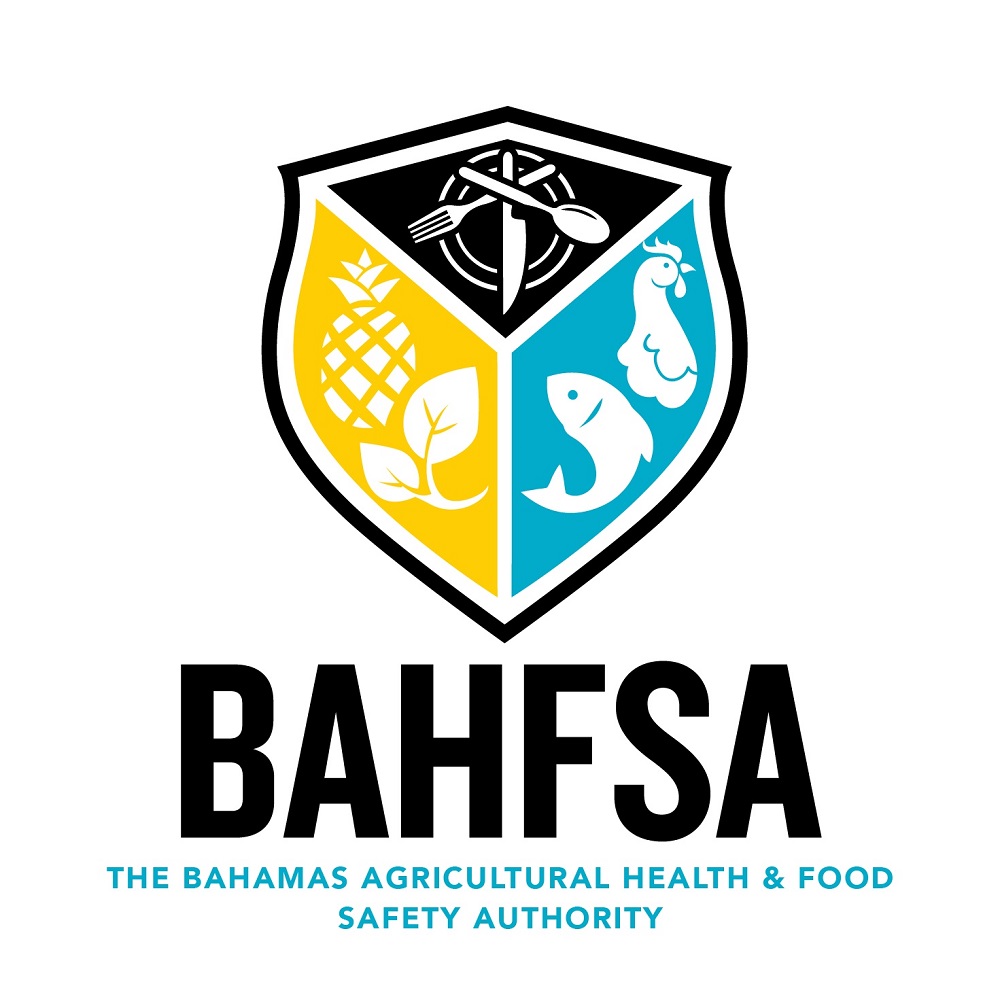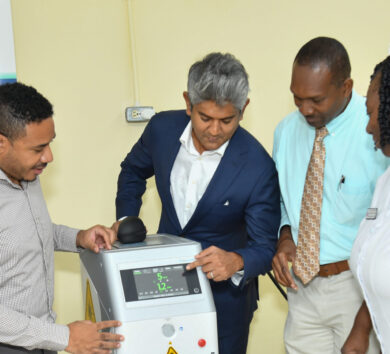

The mystery continues after the bizarre deaths of three Americans last Friday (May 6) at Sandals Emerald Bay Resort in Exuma, The Bahamas.
Three American guests were found dead in their rooms, and another was seriously injured.
Vincent Chiarella, 64, died while his wife, Donnis, remains in hospital. Another man and woman also died but their identities have yet to be released.
Speculation is rife that they all succumbed to toxic fumes emitted through the A/C units but this has yet to be confirmed.
Both Sandals and Bahamian government officials have ruled out foul play.
The Bahamas is famous for conch, and it may well be worth investigating whether the American visitors consumed shelled sea snail while on their vacation.

Only last year, the Bahamas Agricultural Health and Food Safety Authority issued a statement warning consumers to avoid fresh conch until officials were able to determine the source of and outbreak of contamination.
The Americans, who met their unfortunate fate at Sandals, complained the previous day of not feeling well and submitted themselves to a medical centre for examination.
This may very well rule out the A/C theory that continues to attract interest.
Conch poisoning is caused by Vibrio parahaemolyticus, a bacterium found in the ocean that can be present on raw conch. Contamination is commonly attributed to poor hygienic practices during the handling of conch. The symptoms usually occur within 24 hours of ingesting, which fits the time between the reports of illness and fatalities in the Sandals case.
The pathogen can be deadly. There was a significant conch poisoning outbreak in The Bahamas back in 2018.
“When environmental conditions are right, other organisms such as mollusks (conch) can eat the algae and be contaminated with this poison. There is no specific antitoxin available for ciguatera toxin.”
SITATA
Ciguatera can lead to major convulsions in humans.
According to SITATA, “In human ciguatera poisoning, the poisonous ingredient is ciguatoxin found in some reef fish. This is a poison made in small amounts by certain algae and algae-like organisms in the ocean. When environmental conditions are right, other organisms such as mollusks (conch) can eat the algae and be contaminated with this poison. There is no specific antitoxin available for ciguatera toxin.”
Ingesting contaminated conch or fish can affect the neurological and muscular systems which can cause paralysis.
It can also lead to dyspnea (a breathing difficulty) which may explain why some are mistakenly blaming the A/C systems.
It may have been a good idea for the medical centre to pump the affected guests stomachs and then keep a close eye on them over the next 24 hours.

The risk of death from ciguatera fish poisoning is less than one in 1,000, according to the Centers for Disease Control and Prevention.
Two years ago, a young Texas couple died from an unidentified illness in Fiji which is now believed to be a result of ciguatera fish poisoning.
There appears to be an increasing incidence of ciguatera fish poisoning in the Caribbean where climate change may be responsible as sea surface temperature increases of one degree Celsius is related to an increase in poison control calls for ciguatera fish poisoning.
In 2014, Noelene Bischoff and her daughter, Yvena, mysteriously died in Bali with ciguatera fish poisoning not ruled out as the likely cause.







Comments